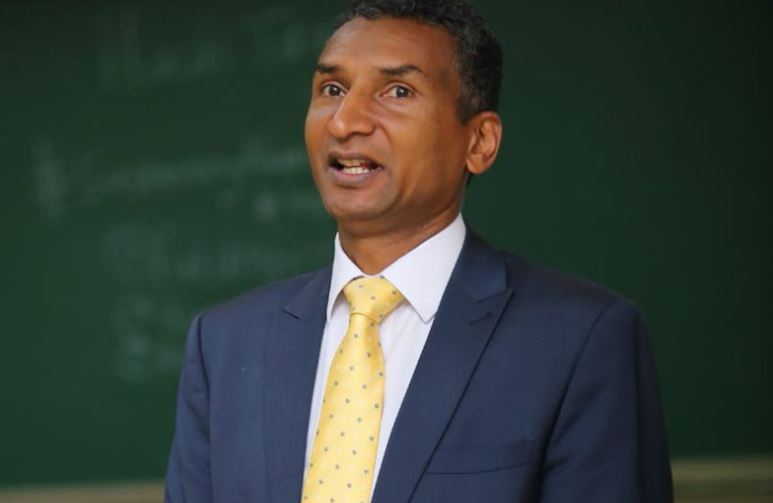×
The Standard e-Paper
Kenya’s Boldest Voice

Dr Vincent Ogutu is the vice chancellor designate of Strathmore University. He spoke to Hashtag about why it is important for the youth to commit to something they are passionate in.
What are the highlights of your journey so far?